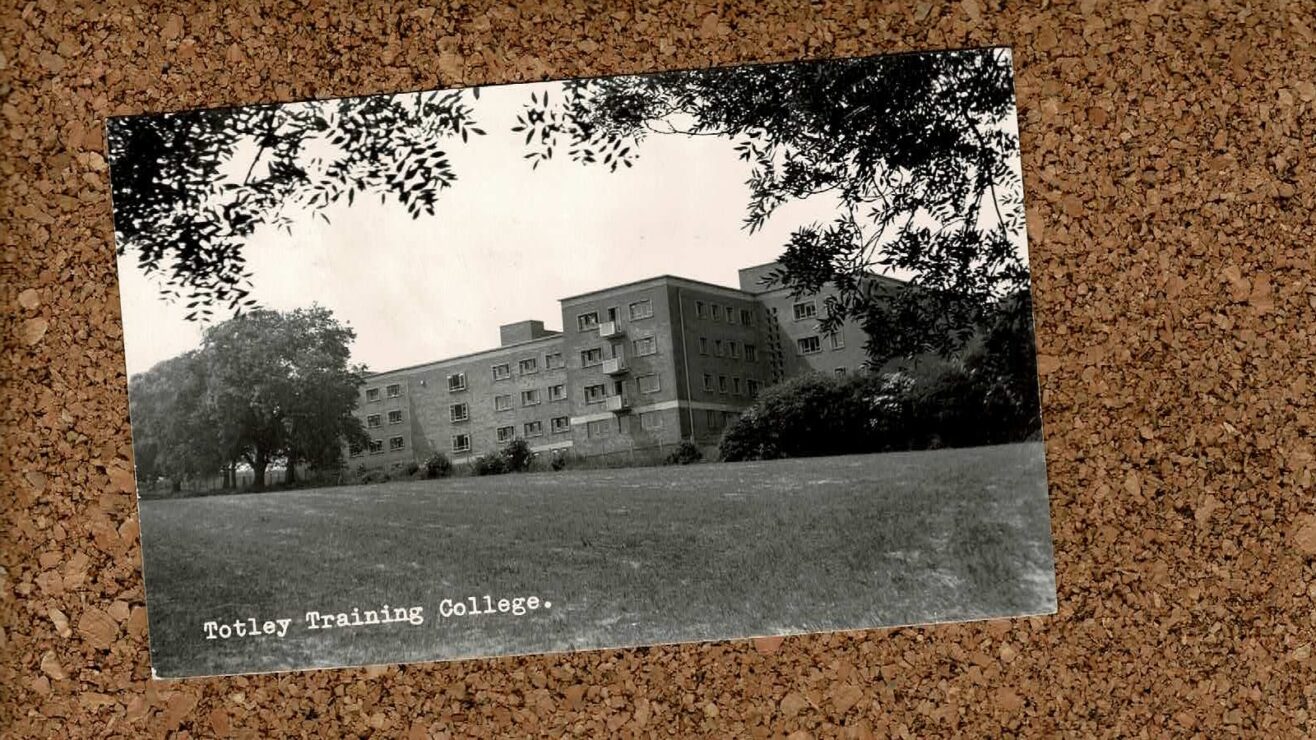We know that policy makers need to hear from a range of experts and people with real-world experiences to draw on. When it comes to higher education policy, engagement should not exclusively be the domain of staff on academic contracts.
Engagement with policy makers can support professional reflection, demonstrate and share impact, and in the longer-term support evidence-informed change and action. These benefits and opportunities should be understood by, and open to, all higher education staff. However, current opportunities for engagement can sometimes appear to be skewed towards the academic sphere.
Policy engagement for all
Earlier this year on Wonkhe, Jonathan Breckon considered how to grow universities’ policy engagement functions, reflecting on a report from the Research England-funded Capabilities in Academic Policy Engagement (CAPE). This report briefly touched upon the potential complexities of policy engagement for those working in the academic third space, specifically focusing on those at the intersection of research and management.
CAPE’s earlier report in 2022 reported professional services staff speaking about engagement in terms of “enabling”, “helping”, “assisting” and “facilitating”, and seeing themselves as a conduit between academic staff and policy professionals. The findings of that report strongly suggest that the majority, if not all, of the 98 professional services staff surveyed at that time were policy and engagement specialists. This work did not enhance wider understanding of how professional services staff from other specialisms engage with policy.
The 2024 report continues in this vein, with professional services staff only considered where they hold roles directly focused on building and facilitating policy engagement opportunities for their academic staff. Policy engagement specialists are key third space professionals in higher education, crucial in bridging a potential academic-policy divide, and their work is certainly worthy of exploration and acknowledgement.
However, there is also a need to encourage all professional services staff in higher education to engage with policy where they have relevant knowledge and expertise. This is key to informing policy development, and there is little to no data on whether this is happening.
Bridging gaps
Association of Graduate Careers Advisory Services (AGCAS) members include many individuals with multifaceted roles and activities across and within professional services, curriculum and research as related to careers and employability. Where universities do not call on this expertise in their policy engagement, they will not fully represent their activities and outputs nor the diversity of those delivering them.
Like many higher education sector bodies, AGCAS actively engages with government and policy makers. By sharing a recent example of policy engagement, we hope to encourage and inspire more professional services staff and third space professionals across higher education to lend their expertise to public policy debates.
Recently, Senedd Cymru undertook an inquiry into the disability employment and payment gap. AGCAS has focused on the disability employment outcome gap in our regular What Happens Next? report, to measure the gap and make clear recommendations to reduce and ultimately eliminate this. Our members also have a wealth of information and experience on working with disabled students and graduates, the support available and any gaps in this, and specific employer and sector collaborations, all of which were pertinent to the inquiry’s terms of reference. AGCAS therefore worked closely with careers and employability staff at Cardiff University, who liaised with peers across Welsh university careers services to compile a response.
Working cross-sector for a common goal
It became clear that, though we all share a common goal of preparing disabled students for successful transitions into the workplace, each institution tackles the issue slightly differently. Whether through tailored support services (including through the Welsh language), accessible career guidance, or employer engagement, the focus is on empowering students for employment. Aligning institutional efforts with national policies is crucial, as is the need to listen and adapt to the evolving needs of disabled students.
Through responding to the consultation, we found that the opportunity to capture and share the scope and extent of collaborative initiatives and activities was valuable, as it allowed us to foreground to policymakers key work that is being conducted. For example, staff from HEIs across Wales have been involved in the development of the employability e-hub, Your career navigator. The e-hub enables students to focus on the assets they bring to the workplace. Cardiff University’s Student Futures team have committed to offering sessions to students across Wales this academic year, in collaboration with Disability Confident Employers, Disabled Alumnus and external support organisations such as Department for Work and Pensions and the Welsh Government’s Disability champions.
Getting involved with the inquiry also prompted us to consider what else might be available to support disabled staff and students that we were not aware of either within our universities, via external organisations and across Wales. For example, Cardiff University are members of the Business Disability Forum, the leading business membership organisation in disability inclusion. We will be encouraging staff to access the resources, and recommending work experience hosts who have not had experience offering employment to disabled students previously, to access the free resources available on the site, such as the SME toolkit.
Overall, it was an opportunity to reflect on the good practice that is happening both within our own institution and across Wales. It helped us to consider activity and focus for the future.
Making a difference through policy engagement
We strongly encourage other third space and professional service staff to respond to calls for policy engagement to help them make a difference through sharing their expertise, activities, research and knowledge.
Opportunities for policy engagement and knowledge exchange may be shared through professional bodies and higher education institutions, as well as by parliamentary groups and committees.
Further resources and information, including how to sign up for emails and webinars on opportunities for policy engagement and knowledge exchange can be found on the relevant governmental websites for Senedd Cymru, the UK Parliament, the Scottish Parliament and the Northern Ireland Assembly. Universities often have specialist policy engagement, public affairs or government relations teams, who can support both academic and professional services staff with advice and guidance when they are thinking about engaging with policy makers.















